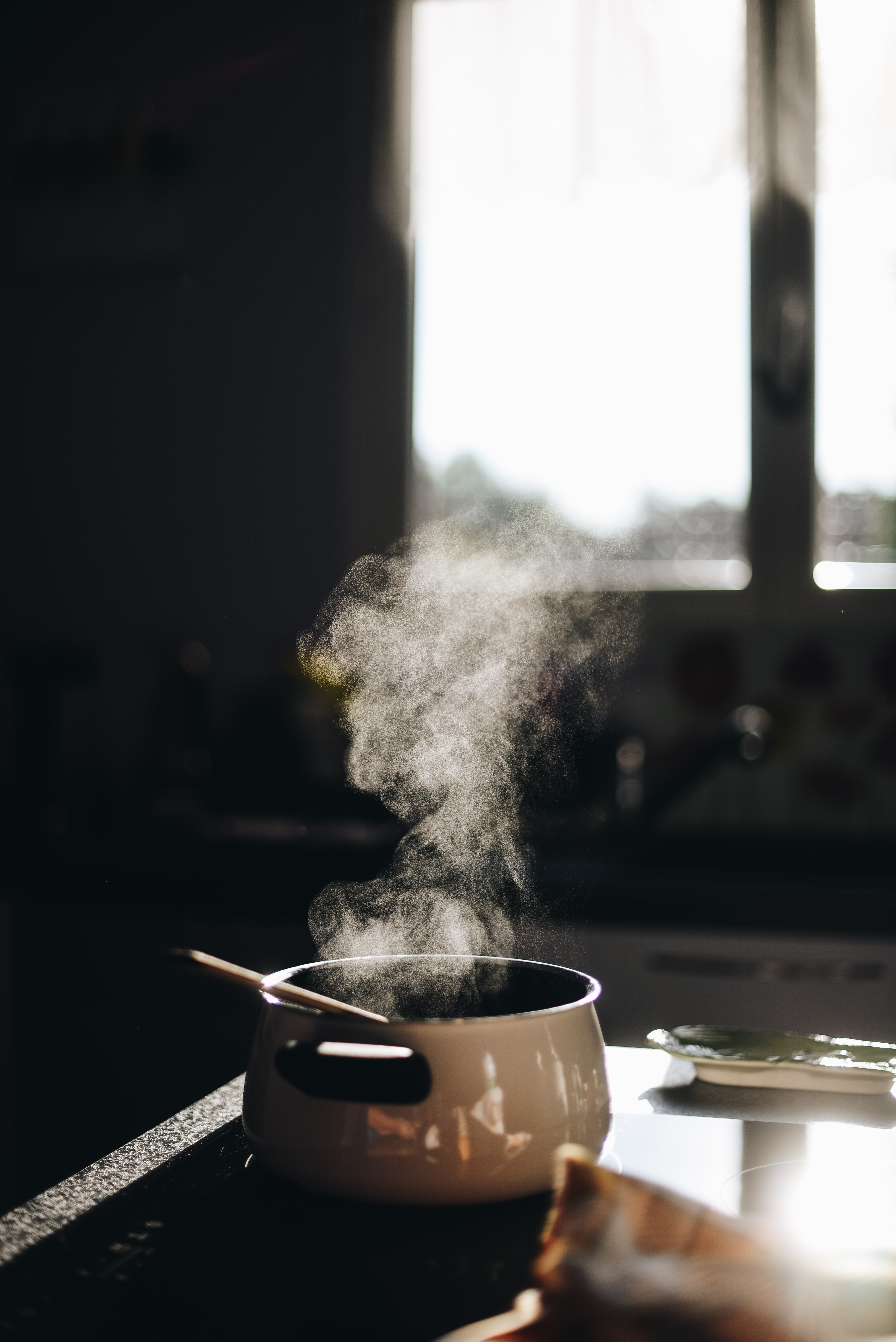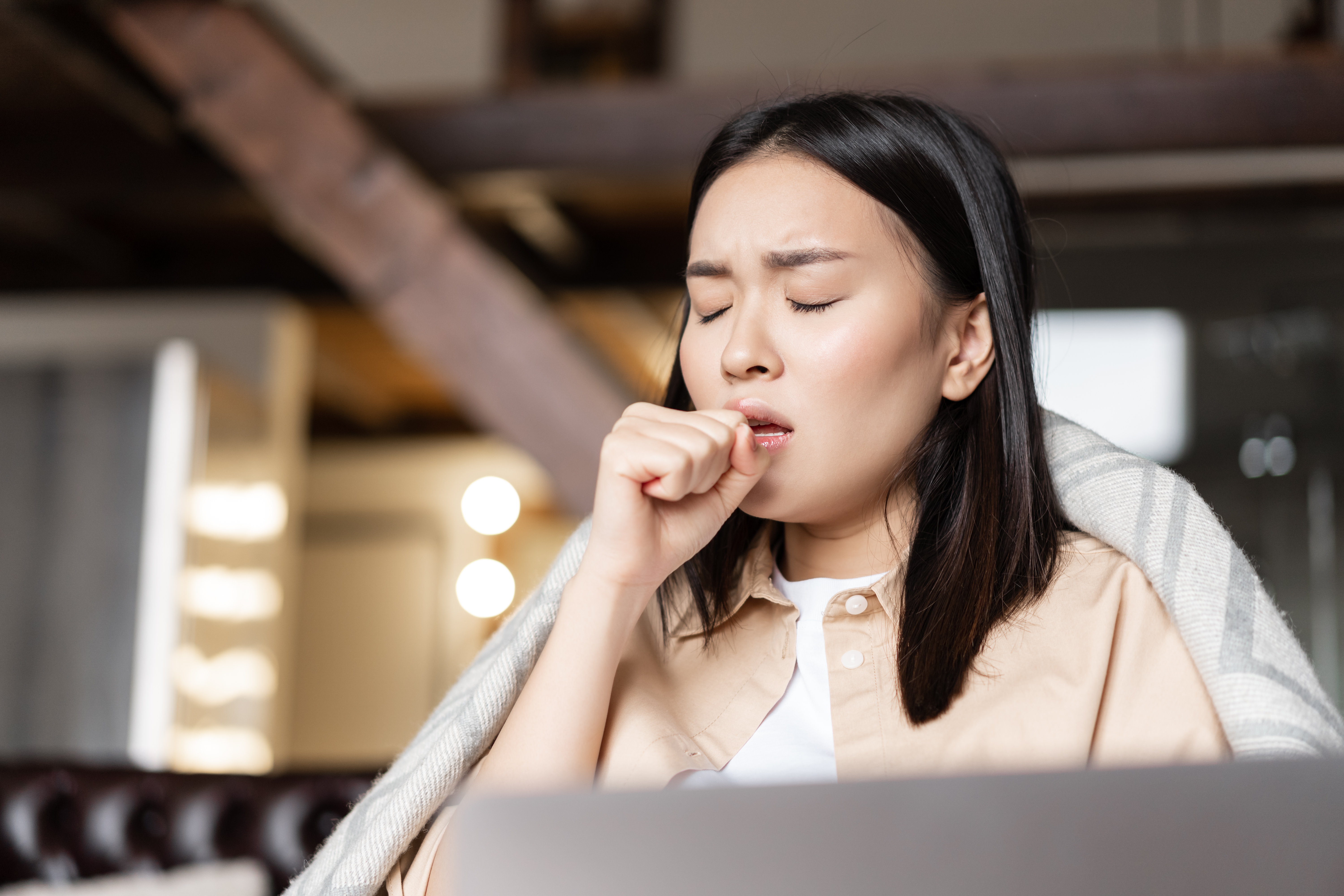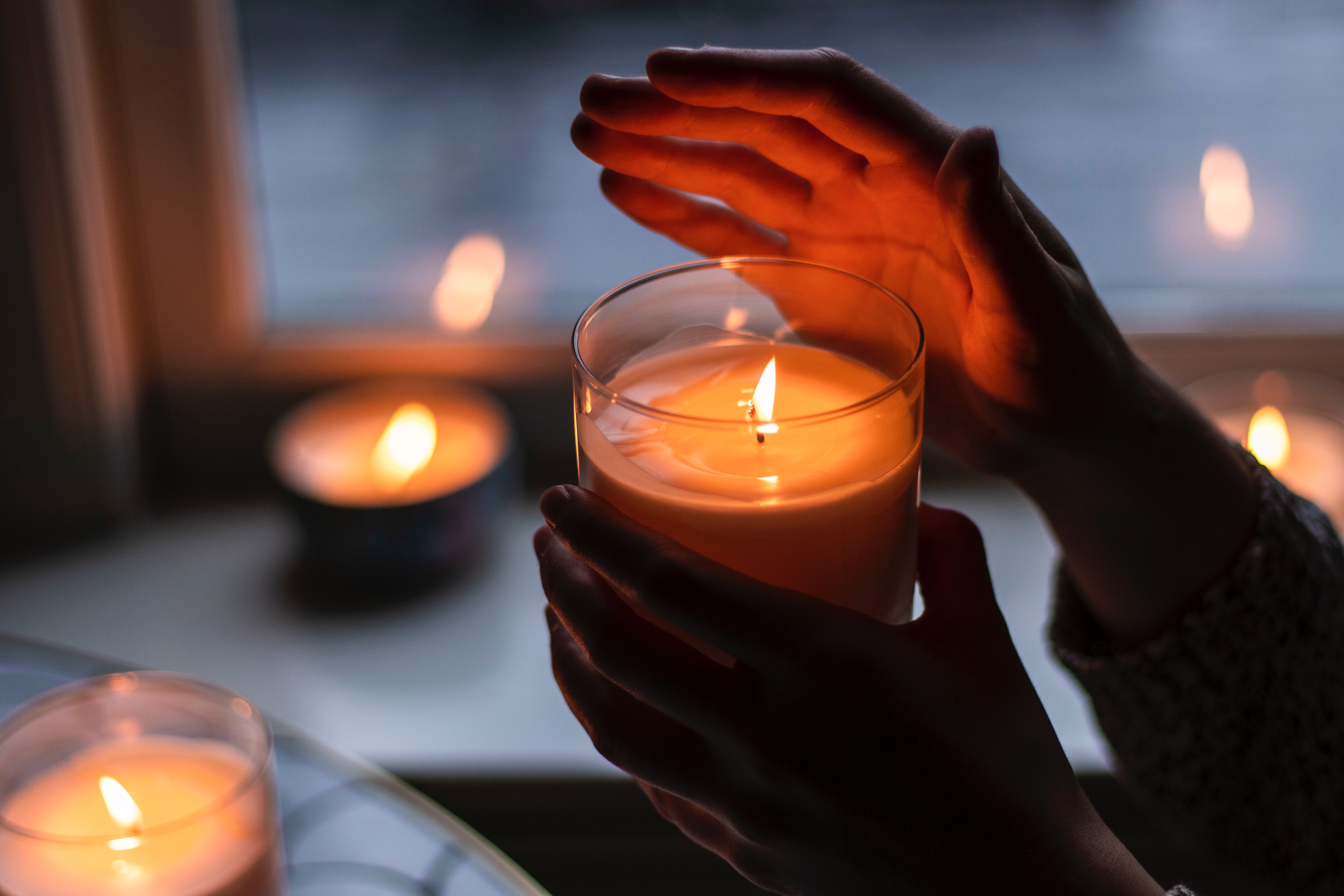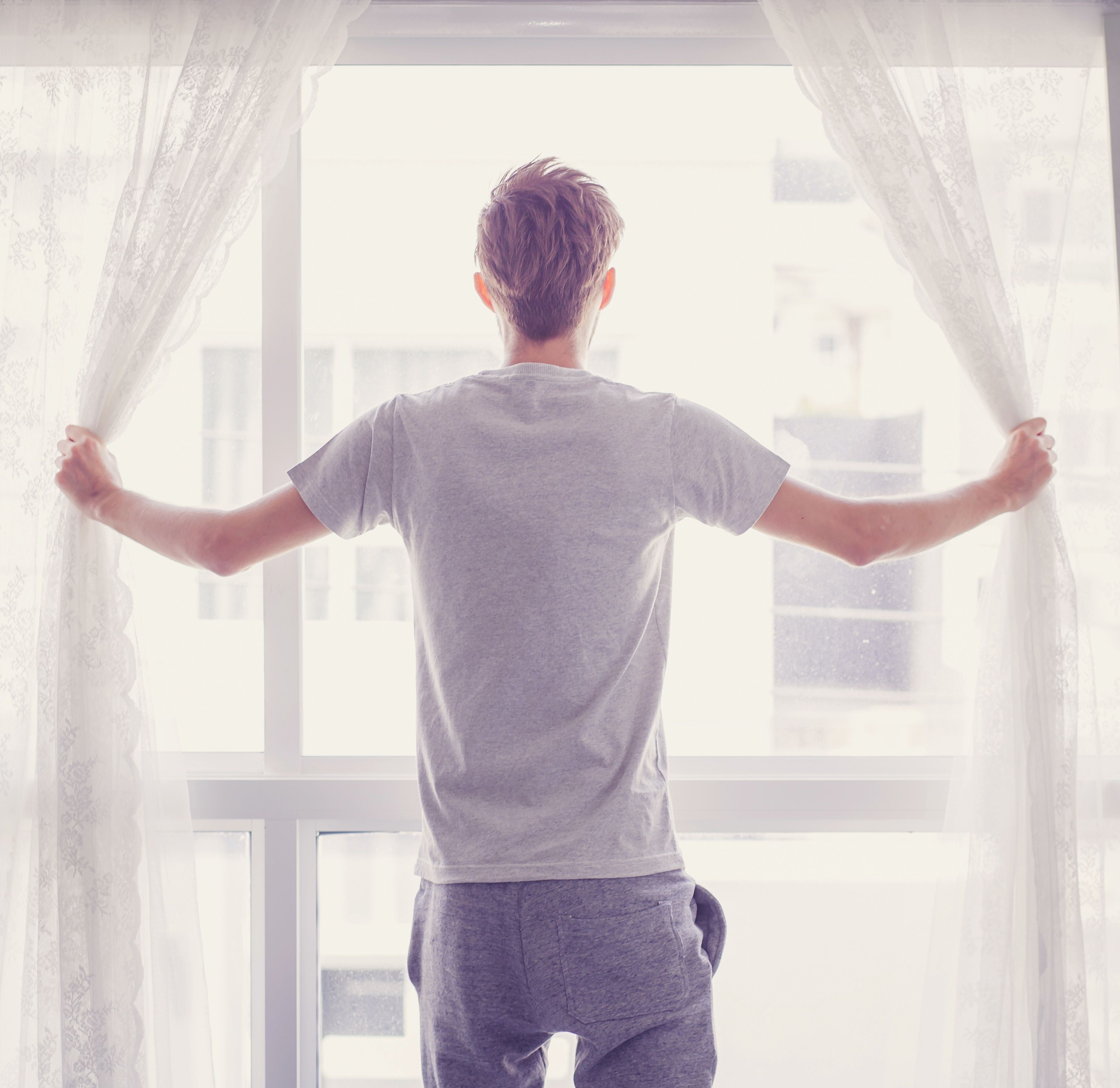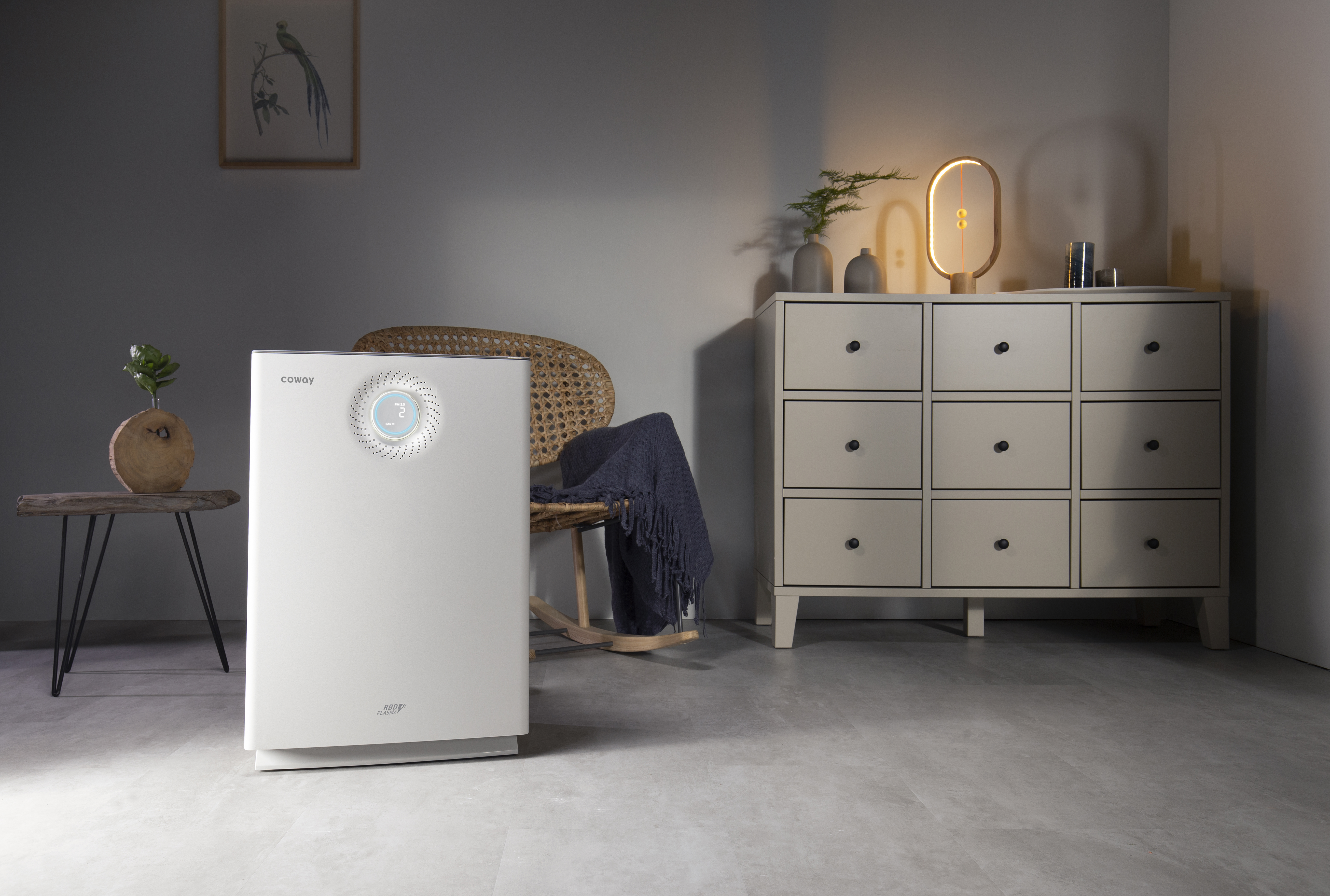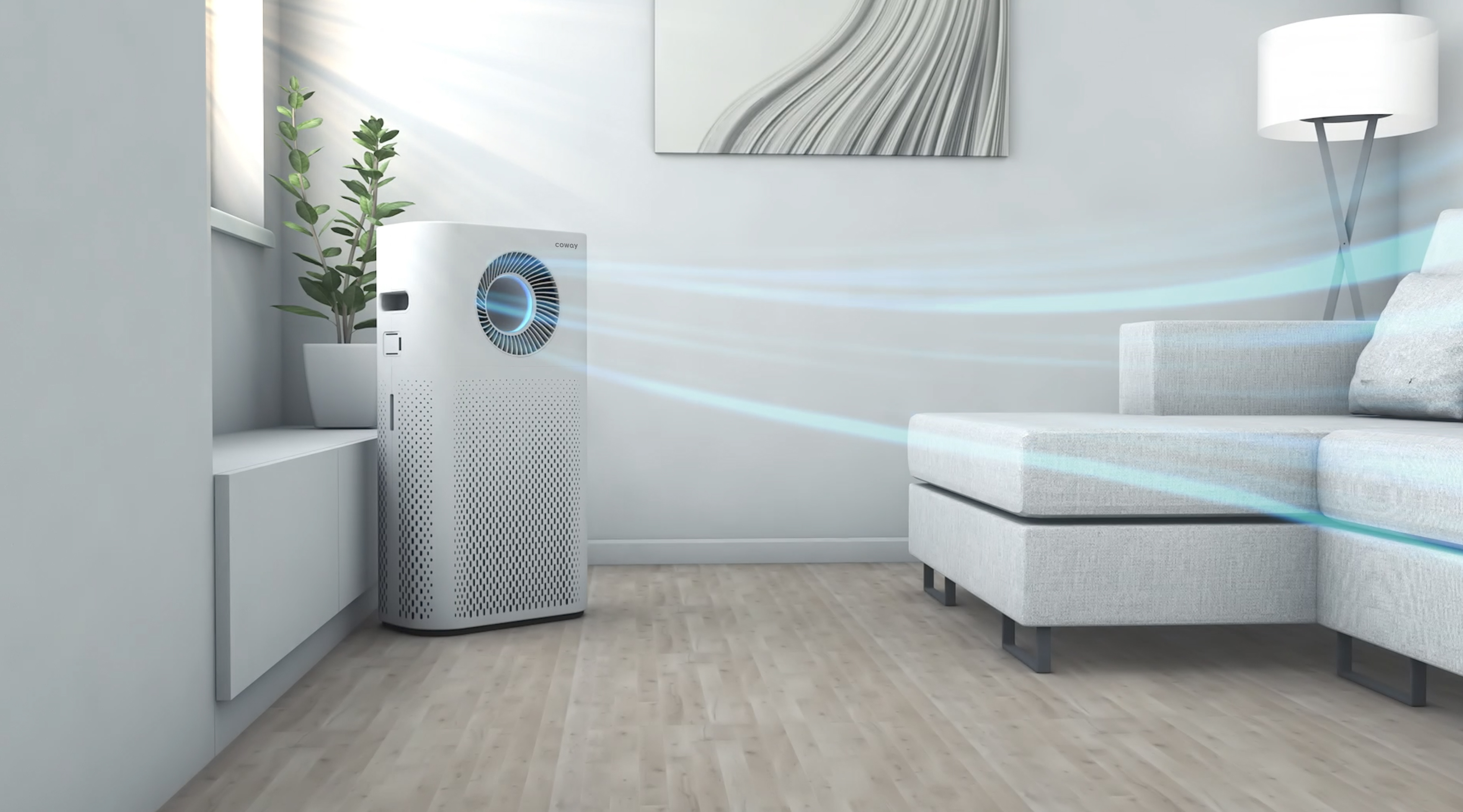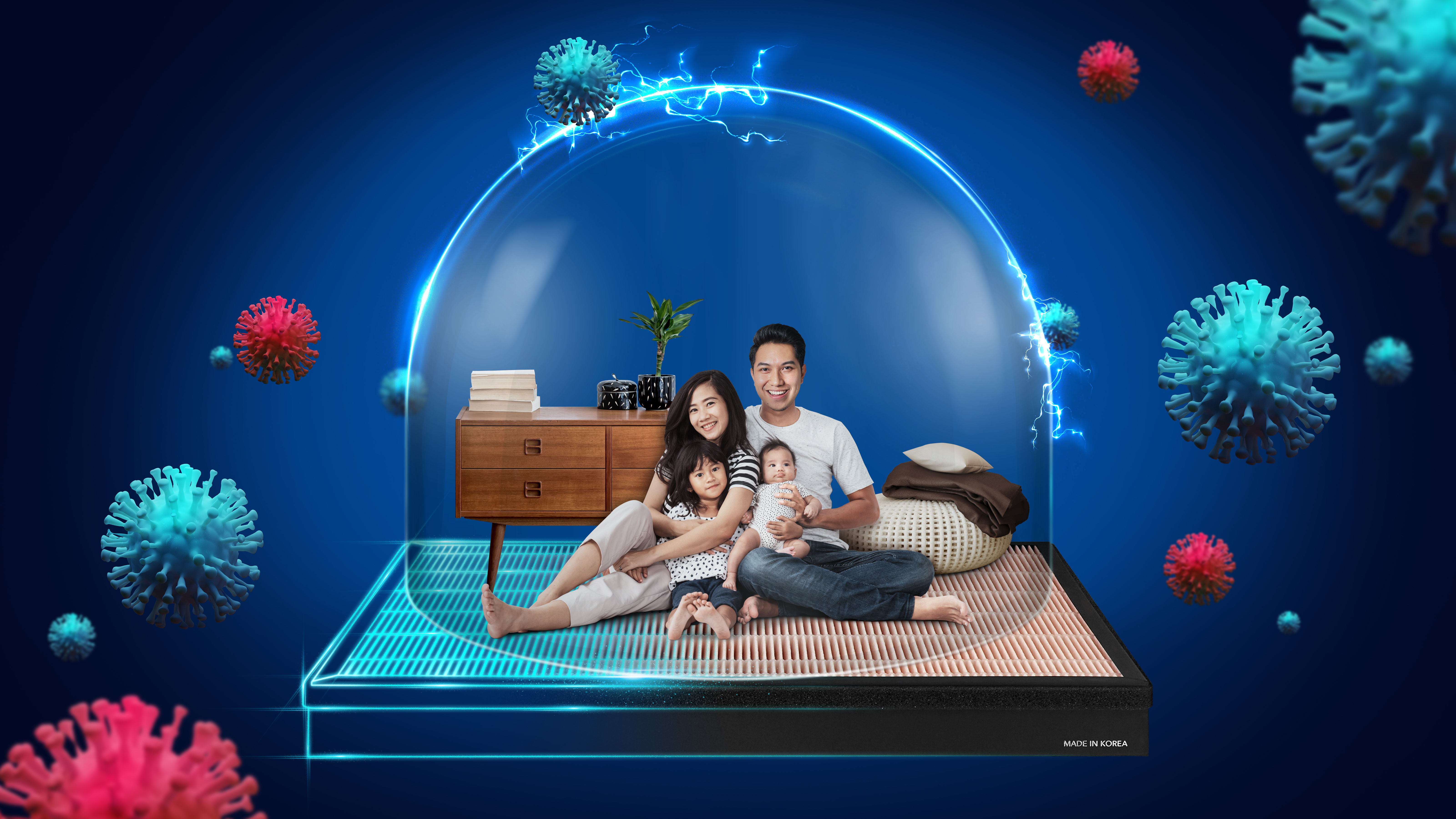Myth Or Fact: Is Indoor Air Quality Worse Than The Air We Breathe Outdoors?
When we head outdoors, it's easier to remember precautions like face masks. What about when we stay at home?
When it comes to the air we breathe, it's natural to assume that air quality is better indoors
From smog during rush hour traffic to dust from construction sites, there are many factors that make us think that way.
It's a completely different image when we think about home — here, the air feels cleaner by virtue of being our sanctuary from the outside world. But, is it, really?
Is indoor air quality really better than the presumably tainted air we breathe outdoors?
The answer is — no. Studies have shown that indoor air quality can be worse.
When we head outdoors, it's easier to remember precautions like face masks (now more than ever), and even make conscious efforts to limit time spent in crowded or dusty places. Think roadside warungs or hawker centres during peak hour lunch.
However, indoor air pollutants can also cause health risks that we typically associate with the air we inhale while out and about, like difficulty breathing and allergies.
And since not many realise this, the necessary measures to safeguard our airways from smoke, dust, pollen, dander, viruses, and more can be practically non-existent indoors. After all, rarely do we don a face mask when we lounge at home, right?
Poorly ventilated homes or even just confined places with the windows shut can prevent fresh air from flowing inside
As we spend more time than ever at home (Malaysians spend an estimated 60% of time indoors), we're also adapting our social lives to follow suit.
Coupled with our preference to turn on the air conditioning than ceiling fan, we may often find ourselves breathing in not-so-clean air. This is where regular chores and daily activity can pose a problem.
Smoke from cooking, household cleaners, aerosol sprays, mouldy walls, and more can exacerbate air quality at home
Indoor air quality can not only affect our health, but our comfort and ability to work as well. It's a serious issue that causes about 30 to 40% of Malaysians to suffer from sinusitis allergy due to poor indoor air quality.
Depending on the size and layout of your house, cooking methods that cause smoke to fill the house can become more than a nuisance, resulting in health hazards, particularly for people with underlying conditions such as asthma. Not to mention second-hand smoke from smokers adding to the detriment too.
Another factor that can go unnoticed and worsen the air? Mould or fungus that is left to grow on walls. These can appear on walls or ceilings after a leak in the roof or condensation from air conditioners that is left to pool.
Hence, it's important to note that coughs and sneezes aren't the only airborne particle-causing things that make indoor air quality worse than it is outdoors.
Even fond little habits like lighting candles have been found to cause issues for our airways.
Since the air we breathe at home may not be as clean as many would think, you may be looking for ways to improve your indoor air quality
For one, you may want to start airing out the house more often. You can do this by leaving windows open and using ceiling or stand fans while in the room. This includes the kitchen, so smoke from cooking can escape better.
Besides that, you can also take steps to read labels of cleaning supplies and sprays, so as to limit the amount of carcinogens and toxic fumes they let out. These are basic precautions that you can take today for better quality air.
If you're looking to take it up a notch, and experience cleaner air, check out Coway's air purifiers that feature its new Double HEPA filters — Lombok III and Storm
Certified to inactivate up to 99.999% SARS-CoV-2 Omicron variant, Influenza A virus (H1N1), and Human Coronavirus (HCoV-OC43)*, the air purifiers can be a good addition to safeguard your home, providing extra peace of mind when it comes to cleaner air.
This is possible thanks to the Lombok III and Storm air purifiers' Double High Efficiency Particulate Air (HEPA) filter. What's nice about these filters is that they provide additional coatings with antibacterial and antifungal properties.
The antifungal performance of the Double HEPA filter also helps to get rid of mould and bacteria.
Reassuringly, according to Coway, the Double HEPA filters have been scientifically proven in actual laboratory research in South Korea to inactivate up to 99.999% of the COVID-19 virus (Omicron variant) and human coronavirus.*
"At Coway, we're truly stoked about this new breakthrough which will offer our customers a whole new dimension altogether in air purification technology. For years, consumers all around the world have trusted Coway to improve their quality of life by using our products, and this new advancement bears testament to our continued commitment to them," said managing director of Coway Malaysia, Kyle Choi.
"They will enjoy the peace of mind knowing full well that the air that they breathe is truly clean and pure, thanks to our new Double HEPA filter, and therefore, doubling their HEPA-ness and protection," he added.
*Double HEPA with advanced filter materials inactivates up to 99.999% of SARS-CoV-2 Omicron Variant, Influenza A virus (H1N1), Human Coronavirus (HCoV-OC43) with its antibacterial and antifungal performance based on the test undertaken by the College of Veterinary Medicine, Jeonbuk National University, South Korea.
The best part? Coway is currently offering a promotion for its air purifiers, and more!
For only RM70 a month, you can get your hands on Coway's Storm air purifier, specially designed to provide optimum air circulation, ensuring you breathe in clean air.
Interested in getting its Lombok III? You'll be able to stay protected with Coway's RBD Plasma and Ioniser, all for RM90 a month.
Visit Coway's website for more information on how its Double HEPA filters can keep you and your family safe, as well as awesome deals you can score today.

